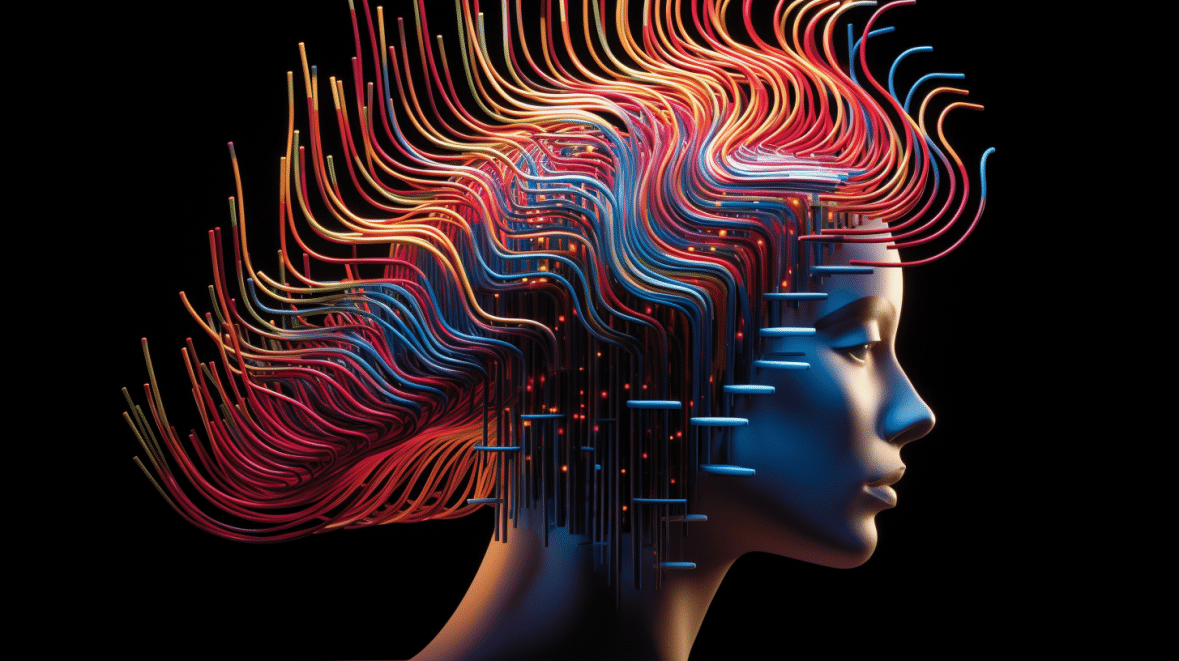New AI Eye-Tracking Technology for Rapid Depression Diagnosis
Depression is a growing mental health concern, especially among young adults. New AI-powered research offers a rapid, objective screening tool to identify those at high risk using eye tracking technology. This innovative approach could revolutionize early detection and intervention. Key Facts: Depression is the leading cause of disability worldwide, often starting in young adulthood. Early …










